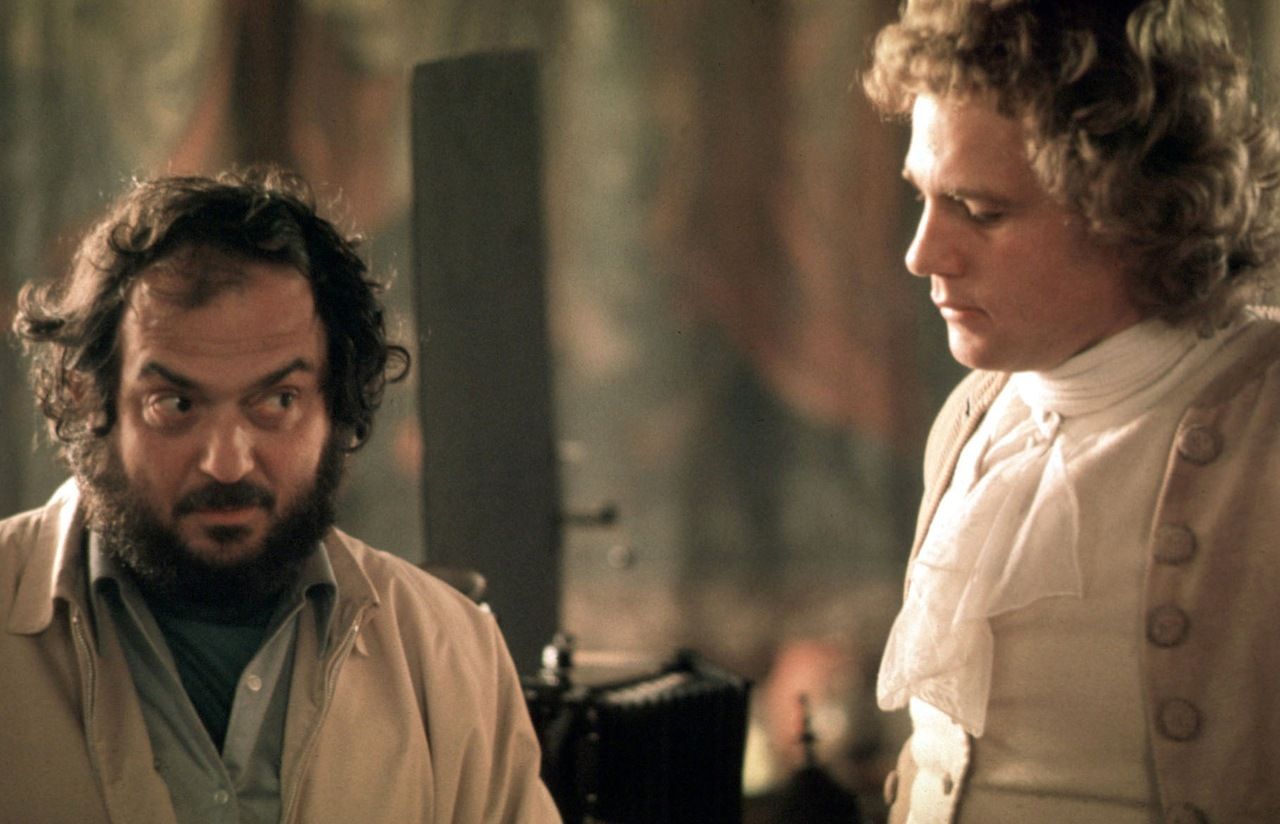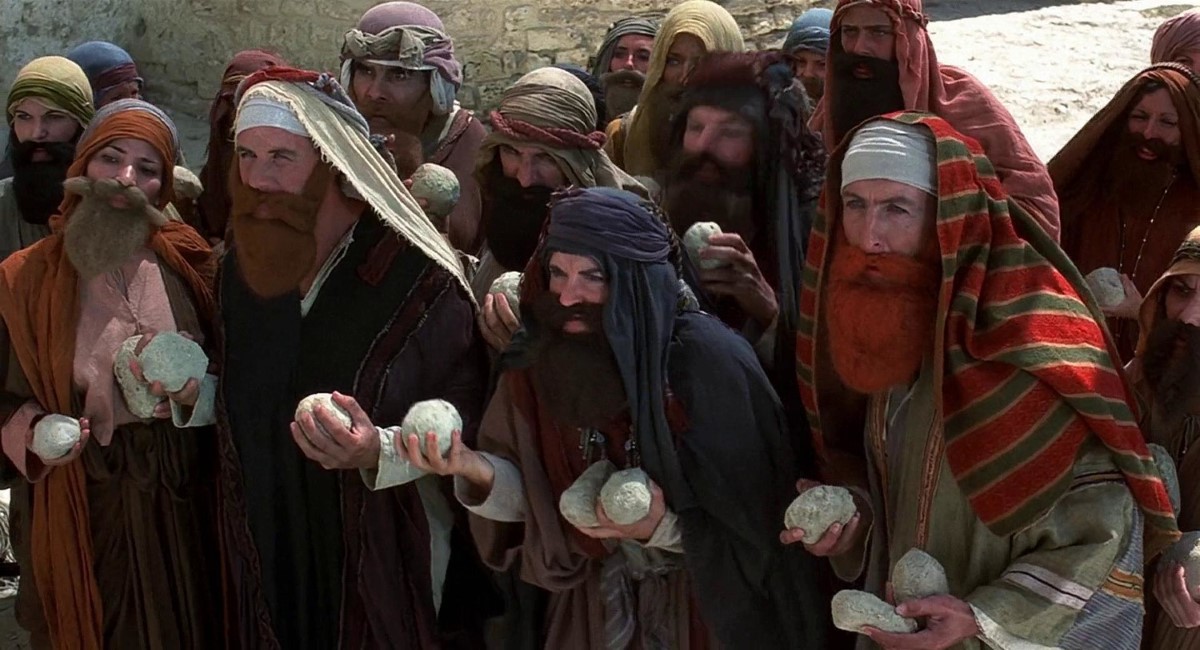Gilles Deleuze: The cinema of the brain
Give me a brain – The cinema of the brain and the question of death (Kubrick, Resnais) – The two fundamental changes from the cerebral point of view – The black or white screen, irrational cuts and relinkings – Fourth aspect of experimental cinema



